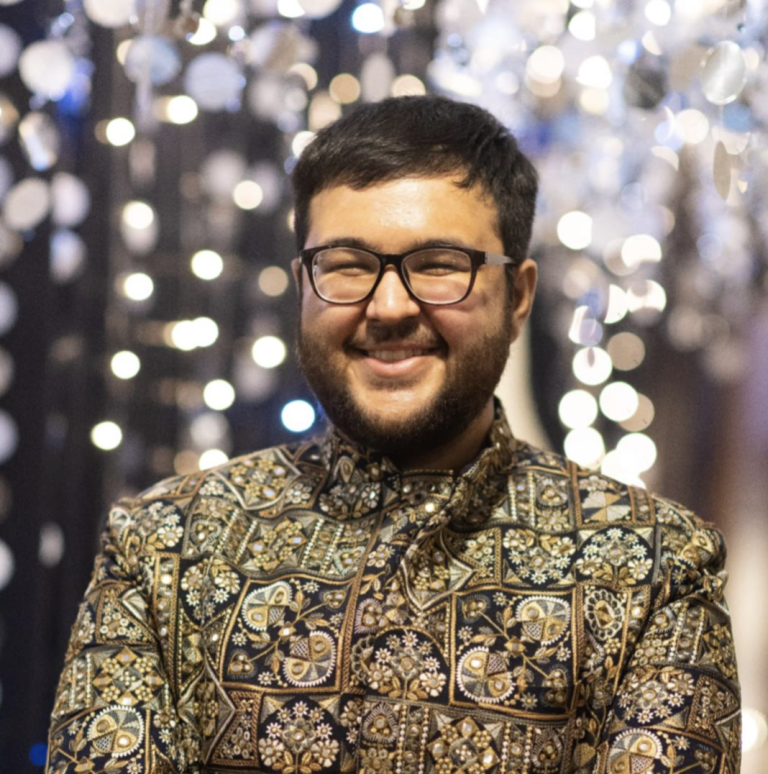Blog: Ronit Sarna on his summer studentship experience
12 October 2023
In summer 2023, Ronit Sarna, an undergraduate in UCL Medical Physics and Biomedical Engineering, spent eight weeks interning at the Royal National Orthopaedic Hospital in Stanmore as part of our IHE Summer Studentship Scheme.

Over the summer of 2023, I interned at the Royal National Orthopaedic Hospital (RNOH) in Stanmore under the Institute of Healthcare Engineering (IHE) Summer Studentship scheme. I was afforded the privilege of participating in the “Artificial Intelligence for Optimising the Design and Placement of Patient Specific Posterior Pedicle Screws in Scoliosis Surgery” project.
From the get-go, this project was immediately engaging to me because of its blending of AI within healthcare, particularly in the analysis of medical imaging. I already had a strong interest in this field and had tailored most of my 4th year modules to correlate with computer science in medical imaging. Securing this internship was a very helpful step in further developing my understanding and appreciation of different uses and methods of machine learning architecture in the biomedical engineering field.
During the duration of the project, I worked under several doctors at RNOH and researchers at UCL who were immensely obliging in teaching me about the realities of clinical research. Alongside a fellow student, we were both tasked with parsing through cadaveric CT scans of scoliotic patients and segmenting these images to produce intricate mask data of each vertebrae. This mask data would importantly be used for later training and testing in machine learning models. Pertinently, these masks were used for ancillary projects, such as in the 3D printed prototypes that were used by orthopaedic surgeons for testing pedicle surgery guides. As part of my internship, I was allowed to view the process of screw fixation onto a cadaveric spine, using a 3D printed guide. It was both interesting and enriching to see how the work I could produce would be used in practical surgical settings.
Initially, understanding the layout of the CT scans was rather difficult, and using unfamiliar programmes to perform the segmentation posed a new challenge for me. However, I found myself increasingly fulfilled as the project progressed as my skills in reading CT and in segmenting the spines both improved. My supervisors graciously offered their time to accommodate me and guided me with pragmatic advice which bettered my workflow immediately. The novel experience of being in a clinical research setting was what I enjoyed the most, as it helped me solidify many of the concepts I had read and learnt about in my previous 3 years of study in Biomedical Engineering.
I have truly benefited from this internship and am very grateful to the IHE for the opportunity, as well as my supervisors for all the guidance they provided me throughout the 8 weeks. Understanding the practical challenges of medical imaging analysis has enlightened me on my future options and has only invigorated my passion for the field. As I enter 4th year, this experience will significantly inform and shape how I comprehend my medical imaging modules. Although I was unfortunately only on the project for 2 months, I hope I will be able to witness the fruition of the research efforts in due course.
 Close
Close

